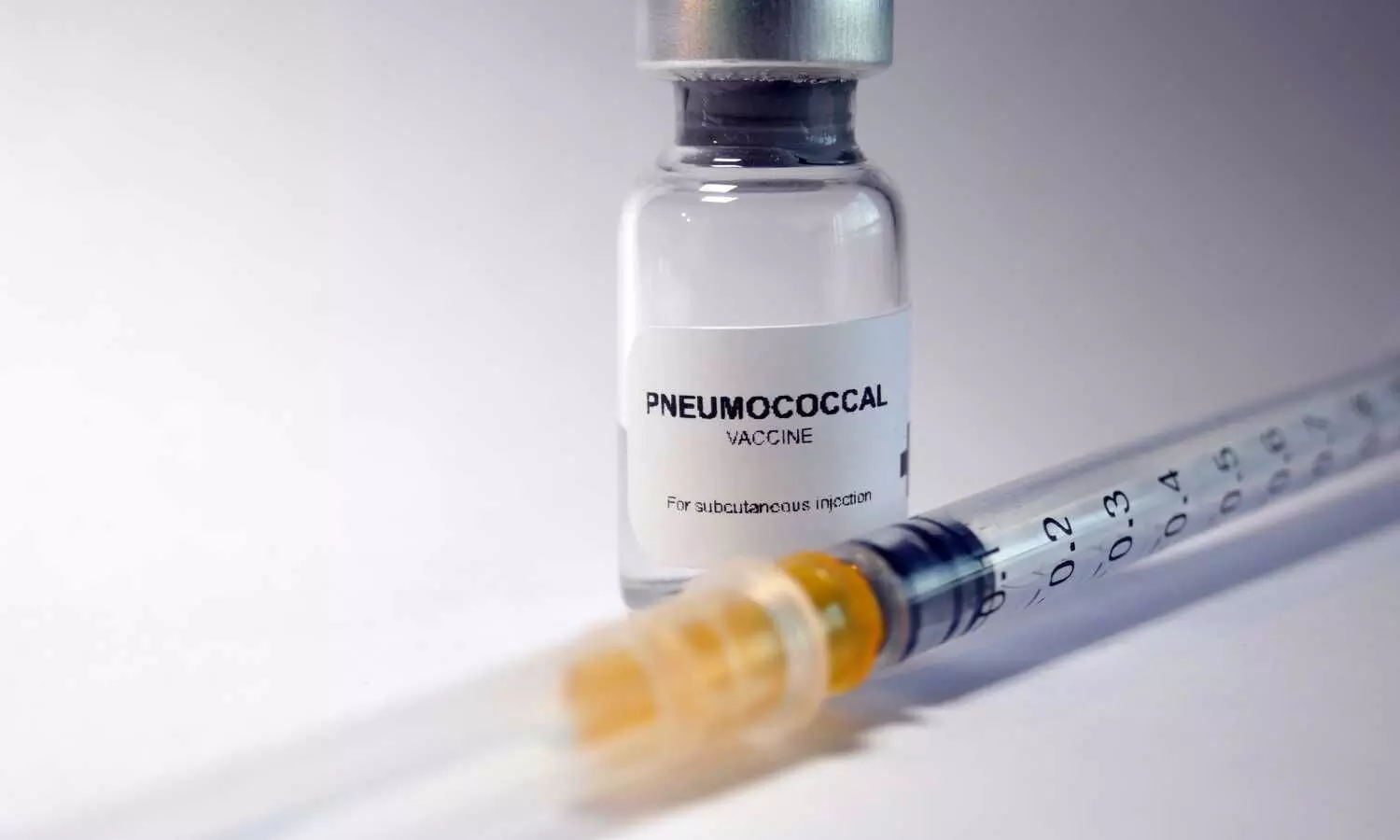Pneumococcal polysaccharide vaccine Found Ineffective in Reducing Cardiovascular Events, reports JAMA

A new study published in the Journal of American Medical Association found that pneumococcal polysaccharide vaccine (PPV23) vaccination did not reduce rates of fatal and nonfatal acute coronary syndrome or ischemic stroke.
The trial was conducted at 6 centers across Australia investigated the vaccine’s cardiovascular impact. Between 2016 and 2017, this research recruited 4,725 community-dwelling adults aged 55 to 60 who had no prior history of cardiovascular disease but did carry at least 2 risk factors such as obesity, high blood pressure, or elevated cholesterol.
The participants were randomly assigned to receive either the 23-valent pneumococcal polysaccharide vaccine (PPV23) or a saline placebo, with neither patients nor clinicians aware of the allocation. Over an average follow-up of 7 years, where this study tracked participants through electronic health records covering hospital admissions, emergency visits, and mortality data. The primary measure was a combined endpoint of fatal and nonfatal acute coronary syndrome (including heart attacks) and ischemic stroke.
The results showed no statistically significant difference between the 2 groups. In the PPV23 arm, 58 participants experienced a primary outcome event, when compared with 64 in the placebo arm. This translated to a hazard ratio of 0.90 (95% confidence interval, 0.63–1.28; P = .57), which suggested no meaningful reduction in risk. Exploratory analyses of all-cause mortality, hospitalizations for any reason, and cardiovascular-related procedures also showed no significant differences.
The overall number of cardiovascular events was lower than anticipated. This low event rate reduced the statistical power of the trial, making it difficult to detect modest protective effects if they exist. While the vaccine was safe and well tolerated, the data do not support its use as a strategy for preventing cardiovascular disease.
Previous studies had suggested that pneumococcal vaccination might play a role in reducing atherosclerosis through immune-mediated mechanisms. However, without randomized trial evidence, those signals remained speculative. Overall, this trial highlights the need for adequately powered studies before vaccines can be repurposed for heart disease prevention. While PPV23 remains an essential tool for preventing pneumococcal infections in older adults and vulnerable populations, its role in cardiovascular protection appears limited.
Source:
Hure, A., Peel, R., D’Este, C., Abhayaratna, W. P., Tonkin, A., Hopper, I., Thrift, A. G., Levi, C., Sturm, J., Durrheim, D., Hung, J., Briffa, T., Chew, D. P., Ren, S., McEvoy, M., Hansbro, P., Newby, D., Szwec, S., Chiu, S., & Attia, J. (2025). Prevention of Adverse Cardiovascular Events Using the 23-Valent Pneumococcal Polysaccharide Vaccine. JAMA Cardiology. https://doi.org/10.1001/jamacardio.2025.3043



